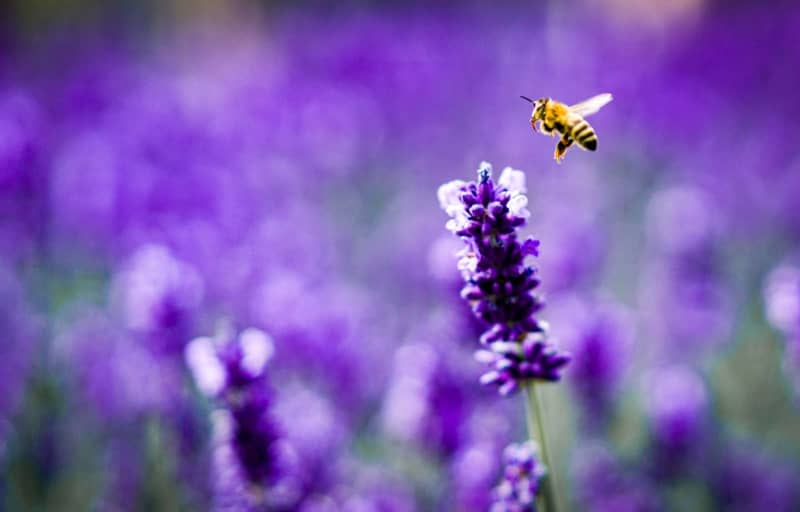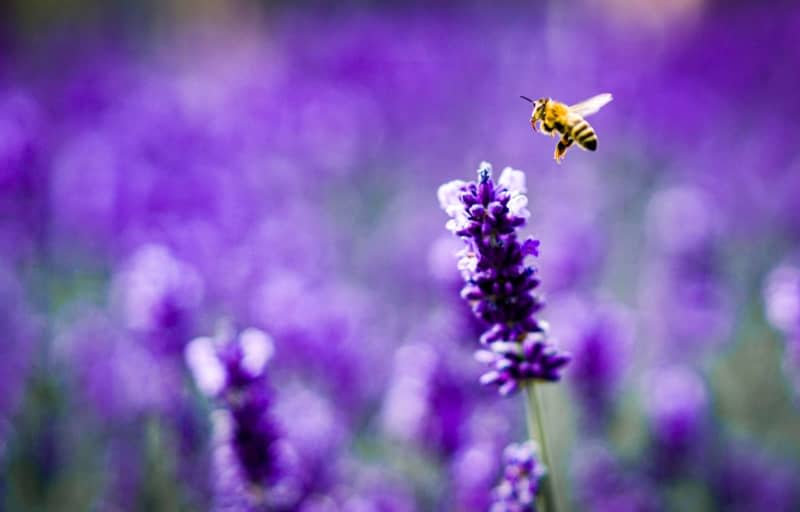Bees and other pollinators are more likely to visit gardens that are in bloom all year and have a wide variety of flowers and plants.
The findings, which come amid concerns about shrinking bee populations and the potential for food supplies to be undermined, were published after a series of tests involving a range of garden types.
Writing in the journal PLOS One, a team of US-based researchers said keeping a garden in bloom non-stop counts for more than what is in the surrounding fields or land, which some botanists have long seen as key to pollinators being active in and visiting a garden in an area.
“A diverse and abundant flower planting that provides flowers in bloom all season may be more important to bees and other pollinators than whatever is surrounding the flower garden,” according to the researchers, who were led by Devon Eldridge of the University of Tennessee.
The team came to its conclusions after experimenting with four types of garden planted at five sites, three of which made up of plants from one family and one “composed of a mixture of plants from all three families.”
The four gardens were replicated at five locations of differing “surrounding land use,” which the researchers listed as “urban garden, forage grassland, mixed agriculture, forest, and organic farm.”
After catching and counting thousands of visiting pollinators, the team found the “mixed agriculture garden site” to attract the most bees, with the area near the urban garden site providing the best “context,” or what is in the surrounding fields or streets.
Recent years have seen the publication of several warnings that bee populations are falling, meaning the world could soon face a serious threat to plants and in turn crops and food supplies.
In July, the journal Nature published a warning by scientists that the production of fruit, vegetables, nuts and legumes could be “limited by insufficient pollinator visits.” The team, which was led by researchers at Rutgers University-New Brunswick, looked at over 1,500 fields on 6 continents.

EMEA Tribune is not involved in this news article, it is taken from our partners and or from the News Agencies. Copyright and Credit go to the News Agencies, email news@emeatribune.com Follow our WhatsApp verified Channel





